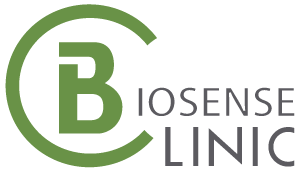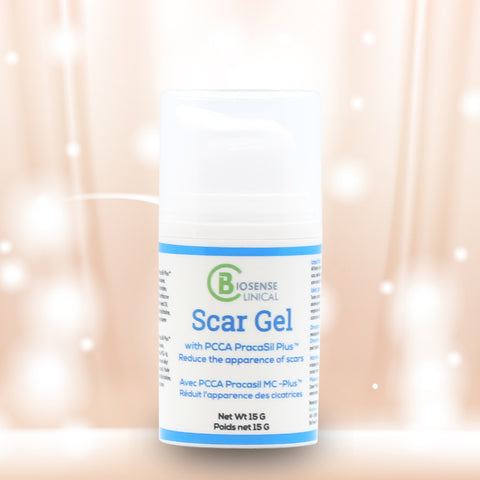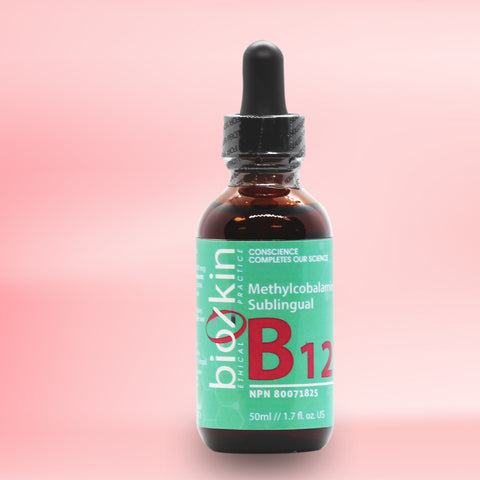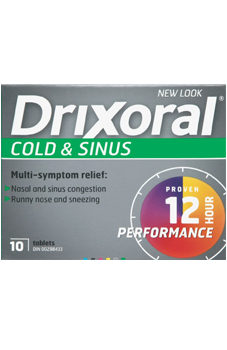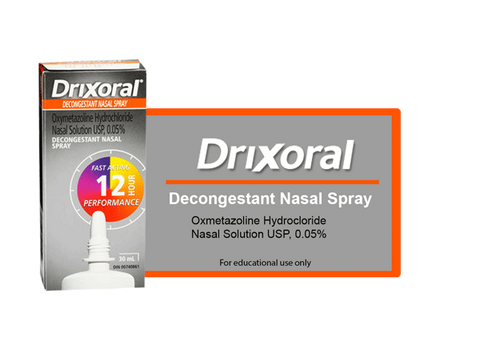BiosenseClinical Glycopyrrolate Topical Spray
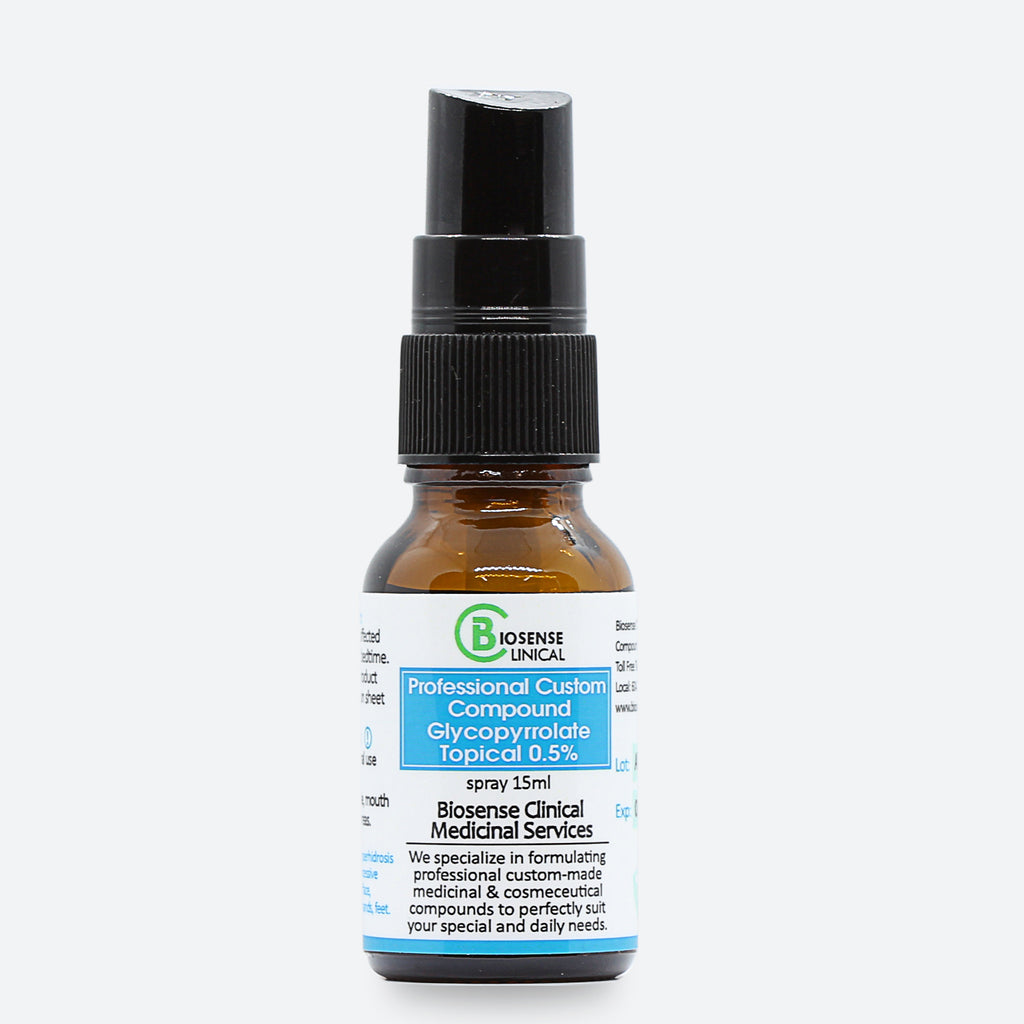
Share this Product


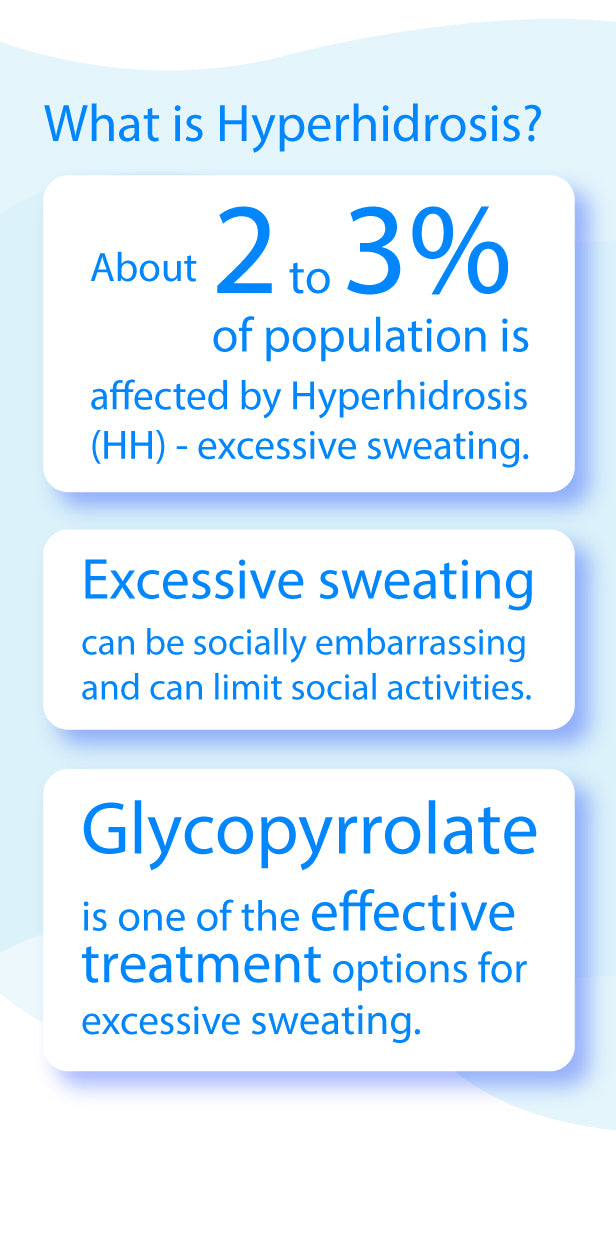


Typical areas of involvement:
Most commonly affected areas are

Face

Underarm

Hands

Feet


How does it work?
Glycopyrrolate applied topically can penetrate the skin to block the nerve signals that stimulate the sweat glands and therefore resulting in a reduction of sweat secretion.

How to use?
Apply to affected area once daily at bedtime.
Avoid nose, mouth, and eye areas.
Do not wash the treated skin for 4 hours after the application.
Do not apply to cut or broken skin.
Keep glycopyrrolate at a secure place away from children and pets.
Discontinue use if developing rashes.

When not to use glycopyrrolate?
- Do not use if you are allergic to glycopyrrolate.
- Though glycopyrrolate is applied topically and the absorption into the body is minimal, it is advised that you consult your physician before using if you have medical condition including bladder neck obstruction, glaucoma, rapid heart beat, or myasthenia gravis.
- Do not use if you are pregnant or breast feeding.
Topical glycopyrrolate is well tolerated. Some of the potential side effects:
Dry mouth (most common), constipation, dry eyes, blurred vision
Clinical evidence and reference:
Excessive facial sweating has been successfully treated with topical glycopyrrolate solution
Luh, J.Y, Blackwell, T.A., et al. (2002). “Craniofacial Hyperhidrosis Successfully Treated with Topical Glycopyrrolate.” Southern Medical Journal 95(7):756-8.
Topical glycopyrrolate application appears to be effective and safe for the treatment of excessive facial sweating in primary craniofacial and secondary gustatory hyperhidrosis following sympathectomy.
Kim WO, Kil HK, Yoon KB et al. (2008). “Topical glycopyrrolate for patients with facial hyperhidrosis.” British Journal of Dermatology 158(5): 1094-7
Seukeran, DC, Highet, AS (1998). “The use of topical glycopyrrolate in the treatment of hyperhidrosis.” Clin Exp Dermatol 23(5):204-5
Shaw, JE, Abbott CA et al. (1997). “A randomized controlled trial of topical glycopyrrolate, the first specific treatment for diabetic gustatory sweating.” Diabetologia 40(3): 299-301.

